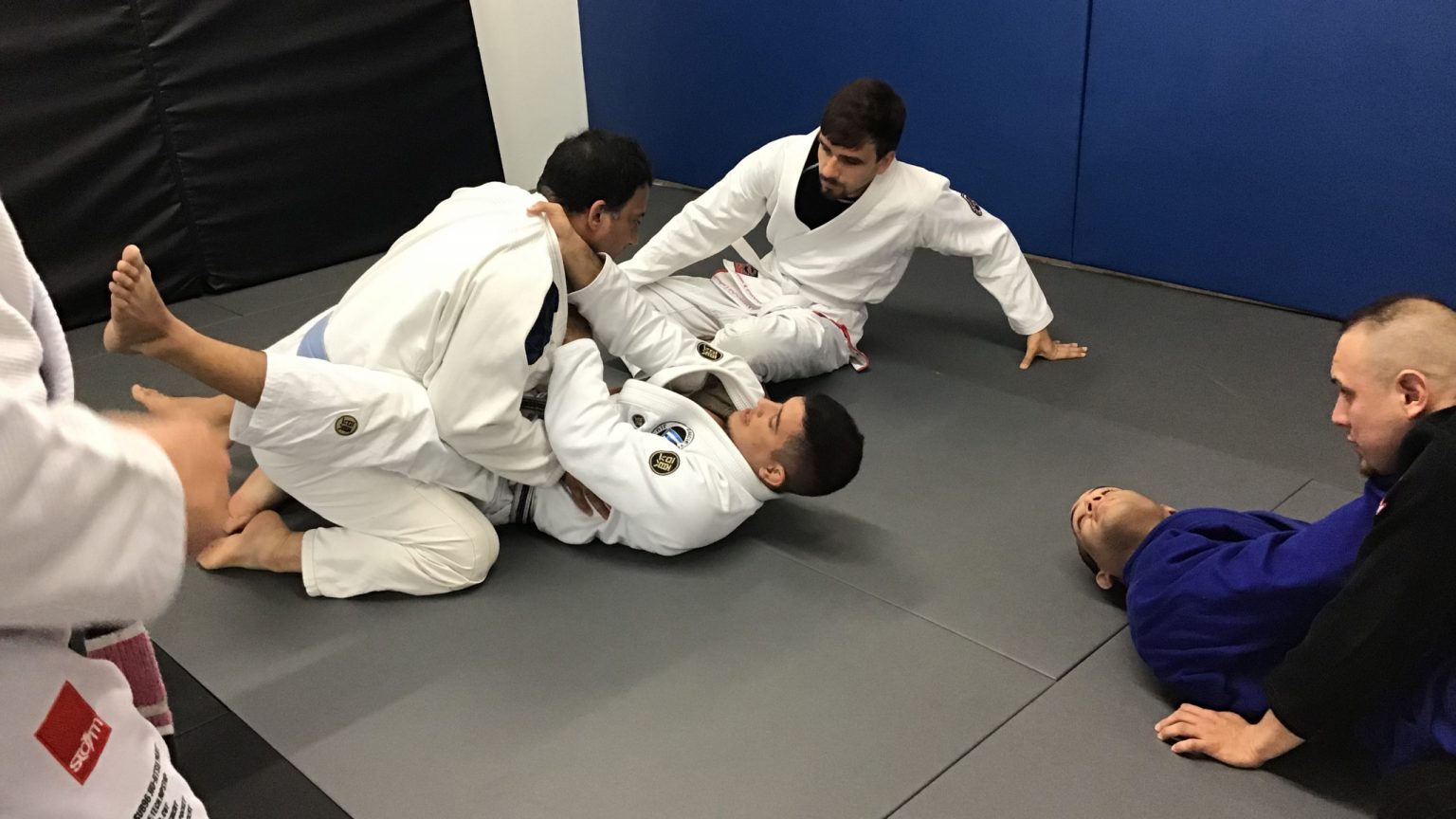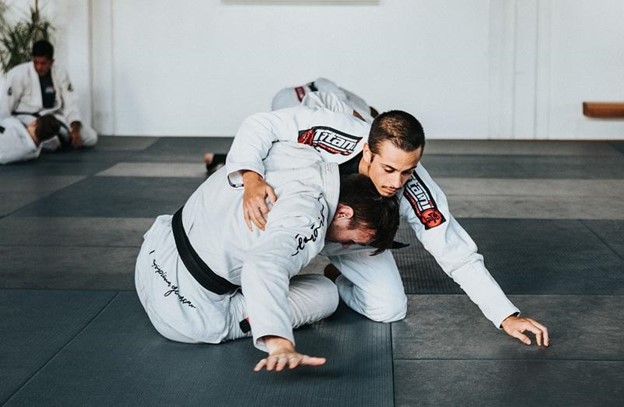Karate and Jiu-jistu are both effective martial arts for self-defense, but they offer different approaches, techniques, and strategies. The choice of which one is better depends on individual preferences, body types, and specific self-defense needs.

Karate, known for its powerful striking techniques, focuses on developing speed, power, balance, and precision in punches, blocks, and leg techniques. Karate practitioners aim to overwhelm an opponent with quick, powerful attacks, keeping a distance and controlling the flow of the fight.

Pros of Karate for Self-Defense:

- Striking techniques can be effective at deterring attackers and quickly ending confrontations.
- Karate emphasizes stances and footwork, providing stability and mobility during a fight.
- Powerful blocks and evasive movements help practitioners defend against various attacks.
- Karate’s focus on respect and discipline can promote self-confidence and awareness.
Cons of Karate for Self-Defense:
- Striking techniques can be challenging to execute effectively without extensive training.
- Limited ground-fighting techniques may leave practitioners vulnerable in grappling situations.
- Relying solely on speed and power may not be suitable for smaller or weaker individuals.
Jiu-jistu, on the other hand, takes a more grappling-based approach to self-defense. It involves techniques such as throws, joint manipulations, chokes, and holds to neutralize an attacker. Jiu-jistu emphasizes using leverage, technique, and timing rather than brute force, making it effective for smaller or weaker individuals against larger aggressors.
Pros of Jiu-jistu for Self-Defense:
- Jiu-jistu’s focus on grappling and ground fighting provides a comprehensive defense system.
- Training in Jiu-jistu reinforces awareness of body mechanics and control, improving balance and overall physicality.
- Jiu-jistu’s emphasis on technique and finesse can be highly effective even for smaller or weaker practitioners.
- Skills learned in Jiu-jistu can be transferred to other martial arts or combat sports.
Cons of Jiu-jistu for Self-Defense:
- Jiu-jistu techniques can be challenging to master and require dedicated training and practice.
- The focus on ground fighting may not be suitable for situations where maintaining an advantageous position is difficult.
- Jiu-jistu’s grappling techniques can be challenging to apply against multiple attackers.
Ultimately, the choice between Karate and Jiu-jistu for self-defense depends on one’s individual circumstances, goals, and preferences. To make an informed decision, consider personal factors such as physical attributes, level of commitment, training environment, and specific self-defense concerns. Consult with qualified instructors in both disciplines to gain a holistic understanding and determine which martial art aligns best with your self-defense needs.






